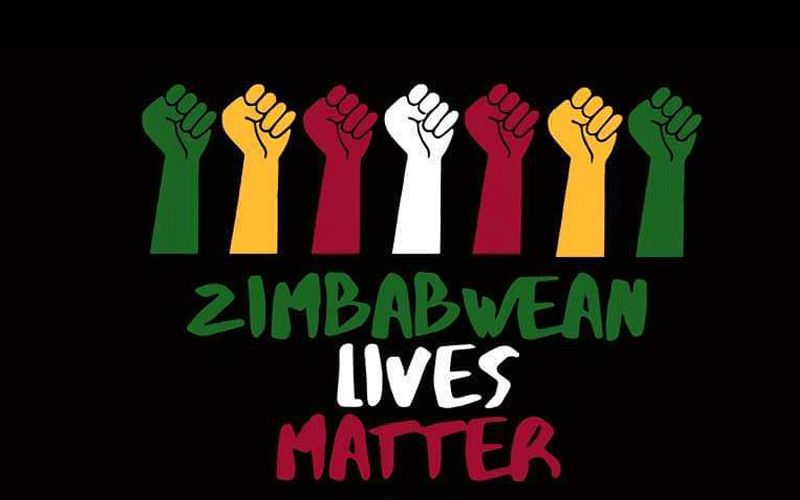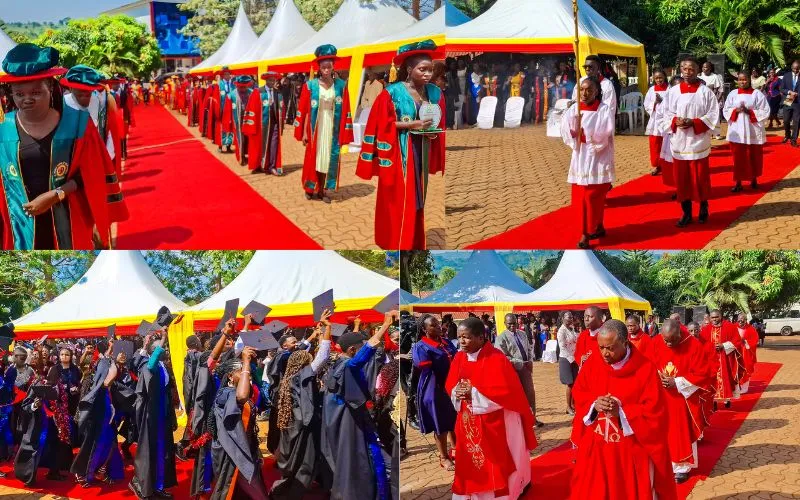Harare, 16 August, 2020 / 7:16 pm (ACI Africa).
Church leaders in Zimbabwe have acknowledged with appreciation messages of solidarity from across the globe through the hashtag #ZimbabweanLivesMatter following recent demonstrations against brutality and violence in their country.
The religious leaders under the Zimbabwe Heads of Christian Denominations (ZHOCD) are calling for a comprehensive national dialogue to address the crisis in the Southern African nation.
A government crackdown on peaceful protesters and the arrests of several high profile opposition figures, activists, journalists and writers in recent weeks inspired the online campaign driven by the Twitter hashtag #ZimbabweanLivesMatter.
In their August 8 statement, ZHOCD members “welcome the growing global solidarity for Zimbabwe characterized by the social media #ZimbabweanLivesMatter and at a regional level by the sending of the envoy by the South African President and the Chairman of the African Union, President Cyril Ramaphosa.”
“Our hope is that the South African envoy and the whole global solidarity will catalyze the beginning of such a truthful, loving and mutually inclusive national dialogue process,” they further say in their one-page statement obtained by ACI Africa.








